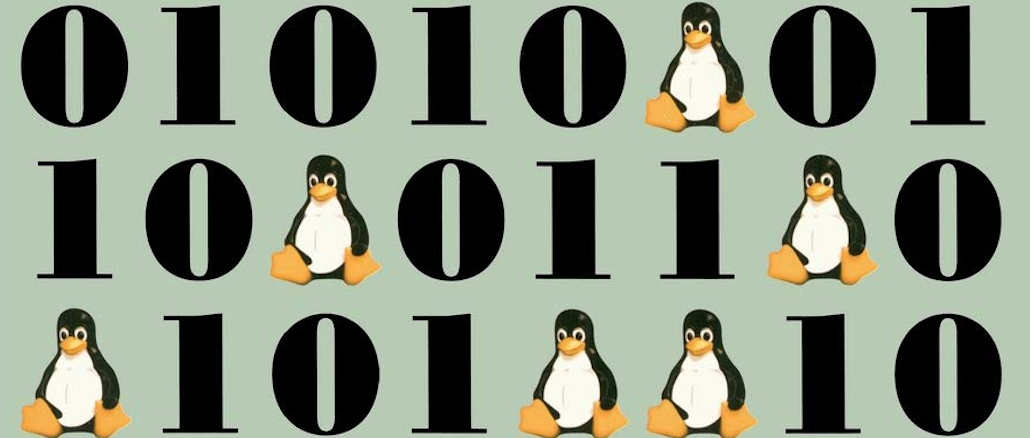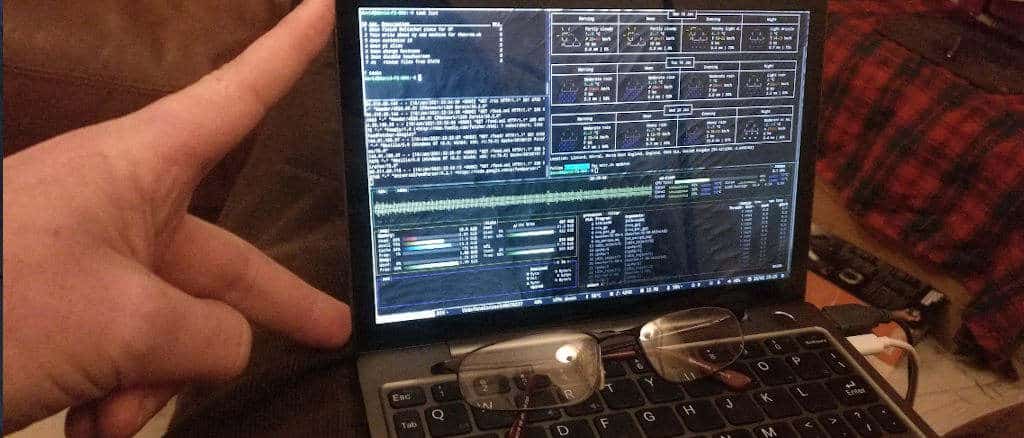(Book Review) Rebel Code: Linux And The Open Source Revolution by Glyn Moody

I have been using Linux - on and off - since I gleefully ripped the Redmond Linux cover CD from an issue of Linux Format I had bought earlier that day (around two decades ago). I slammed it into the optical drive of my sony Vaio PCG F801 and prepared to enter a new world - one where the software was Free, and users and developers existed in some kind of vague crossover where it was easy to be both.
Coming from the Amiga by way of Windows, I found it confusing, and because an always-on internet connection was not something I yet had access to, it was difficult for me to work out what the hell was going on and what I was supposed to do with this new Linux. My enthusuiasm briefly cooled towards the open-source world as I struggled to work out what it was all for.
I knew it was a part of the fight against the big bad ugly du jour (Microsoft) and was cooked up by some guy in his bedroom. I was aware of the four freedoms of free software, but beyond that, I was fairly clueless - and was Tux racer really the height of the Linux gaming experience?
Flash forward to the end of 2021, and Linux has long been my operating system of choice for a long time: I run so much Free software that I rarely have the need for anything proprietary and on the occasions I am compelled to use proprietary software, I am frustrated by it: I have a regular feature slot in Linux Format magazine where I wax lyrical on open source solutions - and Microsoft is only a secondary villain, having been usurped by the data-slurping behemoths of Facebook, Amazon and Google.
Since my early exposure to Linux and the Free software movement, I’ve only had the haziest idea of how it all came about. Yes, Linus developed Linux in his spare time: yes it’s Free software: and yes, a lot of the programs and devlopment is contributed by individuals who do it to solve their own problems and to contribute to the community.
An Almost Complete History of Open Source
Rebel Code: Linux And The Open Source Revolution by Glyn Moody, fills in the gaps, and makes it clear that the success of Linux and of the Open source movement came about due to a unique configuration of chance - mixed with just the right ratio of pragmatism to idealism.
I’ve read the book from cover to cover over the last month, and I can honestly say that almost all of it was entirely new to me. I started out thinking that I knew a fair bit, but it turned out that I actually knew squat.
To say that Moody’s book is comprehensive would be an understatement. He covers kernel development and the people involved: He covers Stallman and GNU development: He covers the backstories of people involved in practically every big Free project up to 2000 - their motivations, their development methods, their teams, friends and collaborators. What were the peculiar licensing issues with KDE that prompted purists to develop Gnome? Why is The GIMP so central to everything even decades later? What were the Halloween papers, the rigged server tests, and Microsoft’s FUD strategy? Why the hell does anyone care about Emacs or perl or PHP (which stands for Personal Homepage, apparently), or the great fork which never happened? How do free software devs become multi-millionaires overnight?
Moody knows it all because he was close enough to the action to interview almost every hacker of importance from the era. And now, I know it too - because I’ve read his book.
One of the biggest misconceptions I had before opening the virtual pages was that Linux and the free software movement managed it all by themselves, but there were vast sums of money involved, even in the early days - from tech giants like IBM - without which the Free software movement would probably have fizzled and died. Their help was the result of pragmatism, and of seeing the logical and most proftable way forward. If the situation had been different, if IBM, for instance, had opted to stay with its own in-house serer rather than joining forces with Apache, offering time, money and engineers, the computer landscape we see now wouldn’t exist.
This is why Moody’s book is so great. By going into such detail about how things did happen, it’s easier to see how they might not have happened. And those are frightening thoughts. There’s a chance that the internet might not have developed at all, and we would all be stuck within the corporate walls of the Microsoft Network.
Rebel code ends with the tech bubble bursting. Many of the big software and distro projects we have watched being nursed through the 500 odd pages go tits up. Of the starting stable, I think that only Red Hat and Debian were left by the closing chapter. There’s speculation that Linux itself may eventually die - its remains forming a handy toolbox of spare parts for the next OS to pick from.
In my opinion, the book ends too soon. Ubuntu hadn’t even appeared on the scene yet, and I think the word Google appeared maybe once.
The thing is, Rebel Code is more than just a story -it’s a contemporaneous history, and a remarkably in-depth one at that. But history is a living, evolving beast. Recent history becomes ancient history, and Moody - or someone else - needs to take up the pen again. History is episodic, and we are desperately thirsty for a new, easily digestible episode (or I am, at least).
Rebel Code: Linux And The Open Source Revolution is still available to buy from Amazon. You should buy it. And yes, I am aware of the irony.
4.5 / 5
This site is hosted on a Raspberry Pi 4B in the author's living room (behind the couch). If you fancy building a website, but would prefer not to have hardware cluttering up your house, you can get reasonably priced hosting from BlueHost
On the other hand, if you're worried about being followed online, consider using PureVPN to cover your tracks.
These are affiliate links. Obviously. If you're feeling generous, you can buy me a coffee.



